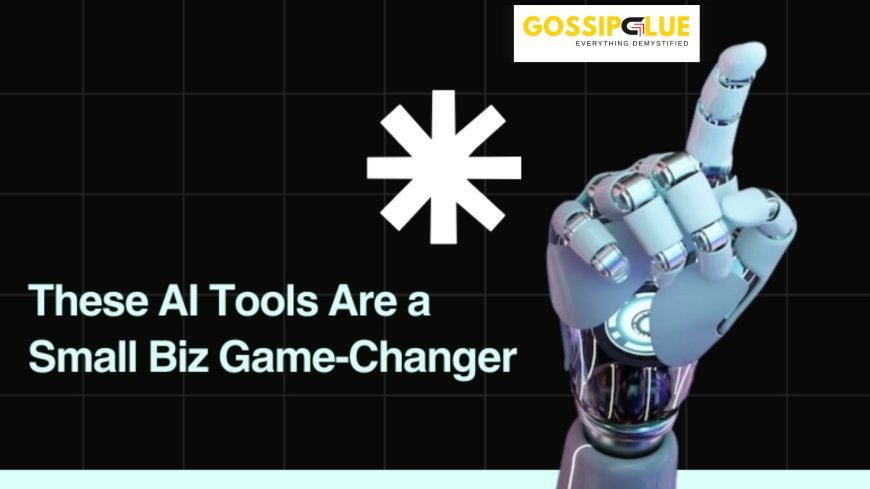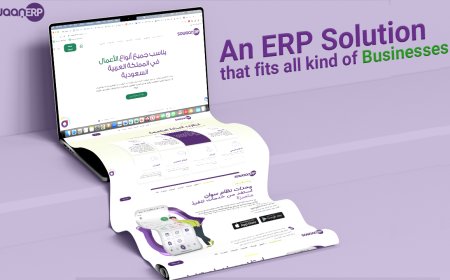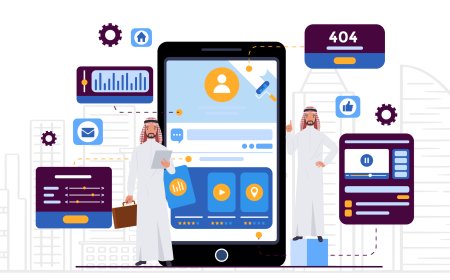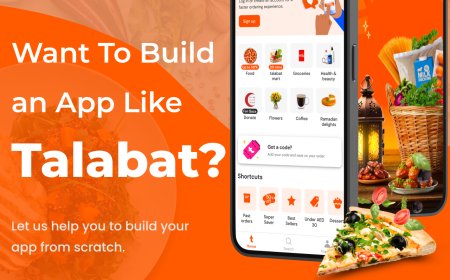How to Start a Small Business From Scratch in 2025
Starting a small business from scratch in 2025? Discover a step-by-step guide, real-world advice, and AI tools that can help you turn your idea into reality.

I still remember the first time I Googled, "how to start a small business." It was late at night, and I was juggling a full-time IT job while dreaming of building something that was mine. I wasnt looking for a get-rich-quick schemeI wanted a purpose-driven project, a business I could be proud of. If you're in that same place right nowtorn between the comfort of a paycheck and the excitement of entrepreneurshipyou're not alone.
The good news? 2025 is one of the best times in history to launch a small business. Weve got access to powerful AI tools, thriving online communities, and lean digital infrastructures that make it easier than ever to get started with almost no upfront investment. You dont need an MBA or a fortune in funding. What you do need is clarity, consistency, and a little bit of strategy.
Lets break it down, step by step.
1. Get Clear on Why You Want to Start
Before jumping into business plans and logos, ask yourself a tough question: Why do I want to start a small business?
Maybe you want creative freedom. Or maybe youre tired of building someone elses dream. Theres no wrong answerbut your why will be your anchor when things get hard (and they will get hard). Write it down. Refer to it often. This isnt just fluffits foundational.
2. Choose an Idea That Solves a Real Problem
This is where many new small businesses stumble. People focus too much on what they want to sell and not enough on what people actually need. Your best bet? Look for everyday pain points around you.
A friend of mine recently launched a local tech support service for elderly usersjust basic setup help, device troubleshooting, etc. It sounds simple, but no one else in his area was doing it. He used some of the latest AI tools for small businesses to streamline appointment booking, generate support FAQs, and even handle customer queries via chatbots.
The takeaway: Find the gap, then fill it. Bonus points if your idea taps into current AI trends or digital needs.
3. Validate Before You Build
Before you spend months building a website or ordering business cards, validate your idea.
You can do this without spending a dime. Create a quick landing page using free tools like Carrd or Notion. Share it with your network. Run a poll on LinkedIn. Post in a relevant Reddit or Facebook group. See if people would actually pay for what you're offering.
Dont skip this stepitll save you from launching a business that only your mom thinks is a good idea.
4. Build a Simple, Scrappy Online Presence
You dont need a massive eCommerce site on day one. A clean one-page website with your offer, pricing, contact details, and a clear call-to-action can work wonders. Use free or affordable tools for small businesses like Wix, Canva, or Notion.
And remember: Social media isnt just optional anymoreits essential. Even if youre not into TikTok dances or Reels, having a digital footprint helps customers find and trust you. Pick one or two platforms where your audience hangs out and show up consistently.
5. Leverage AI Tools (Even If You're Not a Techie)
If there's one massive advantage new founders have in 2025, its Artificial Intelligence. You no longer need a team of marketers, analysts, or copywriters to get started.
Here are a few AI tools for small businesses that can make your life 10x easier:
- ChatGPT: For generating content, replying to emails, and brainstorming product ideas.
- Looka: For designing logos and branding kits in minutes.
- QuickBooks + AI: For managing finances and forecasting trends.
- Jasper or Copy.ai: For writing blog posts, product descriptions, and more.
- Tidio or Drift: For integrating AI-driven customer support chatbots on your website.
These tools arent just flashy extrastheyre essential productivity boosters for small businesses running on tight budgets and lean teams.
6. Start Lean. Improve As You Go.
You dont need to have everything figured out on Day 1. Most successful small businesses evolve over time.
Start with a minimum viable product (MVP). Offer your service to a few beta customers. Collect feedback. Tweak your offering. Refine your pitch. Let it grow naturally.
Ive seen way too many entrepreneurs delay launching because they want things to be perfect. Progress beats perfection every time.
7. Learn the Basics of Finances and Legal Setup
Even if you're more of a creative than a spreadsheet kind of person, understanding your numbers matters.
Open a separate bank account. Track expenses and revenue from the get-go. Use simple accounting tools or apps that integrate AI trends like automated invoicing, expense categorization, and tax prep suggestions.
And yes, register your business! Depending on your region, this might mean filing a DBA, LLC, or sole proprietorship. It's worth consulting with a local accountant or using platforms like LegalZoom for help.
8. Surround Yourself With the Right People
Entrepreneurship can feel lonelybut it doesnt have to be. Join online communities for small businesses, follow other founders on social media, and dont be afraid to ask questions.
Whether its a Slack group, a local meetup, or just a few LinkedIn connections, having a support system makes all the difference.
Conclusion: Youre More Ready Than You Think
Starting a small business from scratch in 2025 isnt about having all the answersits about taking the first step and learning along the way.
With AI tools, a clear vision, and a willingness to start messy, youre already ahead of the game. The landscape is more friendly than ever to first-time entrepreneurs, especially those with a tech-savvy mindset.
So take a breath. Make your plan. Start small. And know that every big business out there once began just like yoursone bold decision at a time.











































